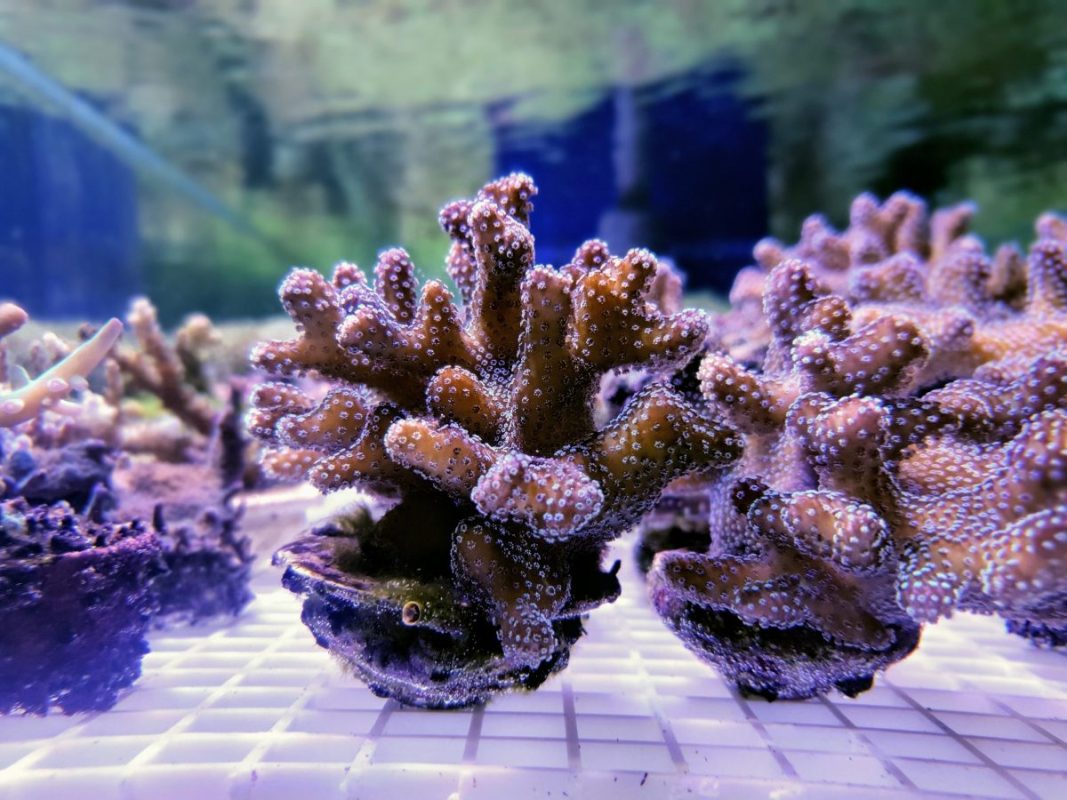CoreBone, a company that produces bioactive, coral-based bone graft material, announced that it has completed an investment round of $3.7 million. The Guangzhou Sino-Israel Biotech Investment Fund (“GIBF”), which focuses on introducing Israeli medical technologies to the Chinese market, invested $3 million in CoreBone’s Chinese subsidiary; The Trendlines Group and Agriline (a trust of which Vincent Tchenguiz is a discretionary beneficiary) invested $700,000. The funds will be used for extending CoreBone’s commercial global presence, primarily in China, which is the world’s fastest-growing market.
CoreBone develops and sells bioactive bone graft material for dental and orthopedic indications. It is the only company that uses cultured coral for bone grafting. Corals are grown on Moshav Ein Yahav in the south of Israel, in a closed, controlled aquatic (aquarium) system using proprietary technology and laboratory-made sea water enriched with bioactive nutrients and CoreBone’s own coral breeding source. The coral has similar properties to human or animal bones and replaces the need for using animal or human bone for bone grafting. This eliminates the risk of disease transfer associated with these products. In China, the import of foreign human-derived bone grafts is banned – creating a tremendous growth opportunity for CoreBone’s products.
Commenting on the investment, CoreBone CEO Ohad Schwartz said, “This investment in CoreBone will accelerate our sales efforts in China. CoreBone’s graft material provides all the required bone formation qualities and more, without the limitations associated with animal or human sources. We are excited to bring this alternative technology to the bone graft market worldwide.”
Prof. Shlomo Noy, GIBF’s Managing Partner and Chief Medical Officer, said: “CoreBone’s Chinese subsidiary started in the technological incubator that our group is managing in Guangzhou according to the principles of the renowned Israeli incubation system. The current subsequent investment by our fund is therefore another great example for our unique success in bringing Israeli companies to China, while protecting their IP and maintaining their own control and management over the Chinese subsidiary. During the incubation period, we had a chance to work closely with CoreBone’s team and to make significant progress towards Chinese regulatory approval for its unique products. We are confident that CoreBone will be successful in fulfilling the great unmet medical need it is targeting, partly by our unique capability to perform clinical trials in China.”
